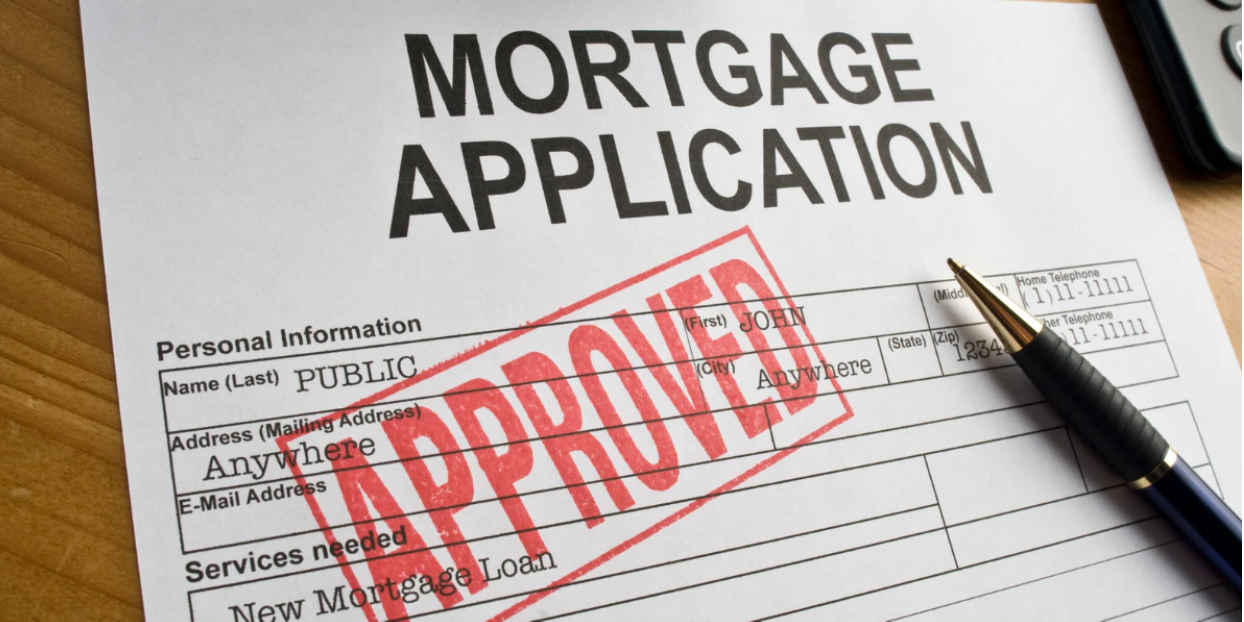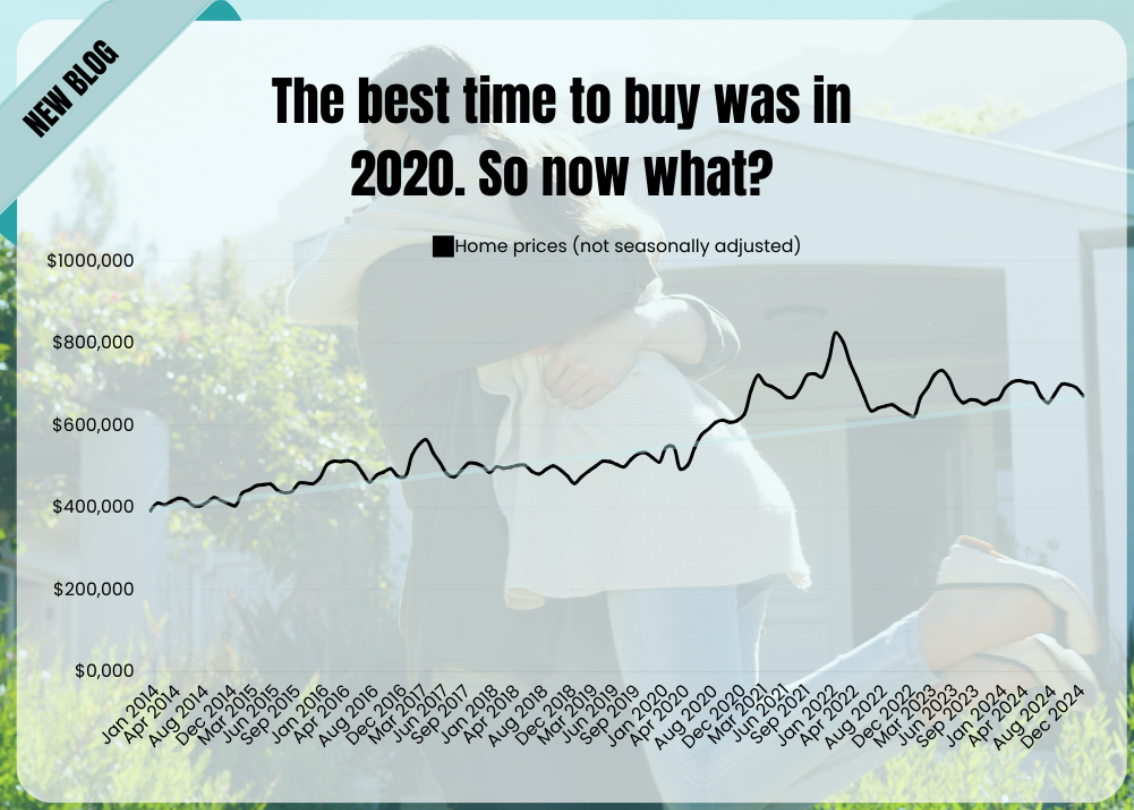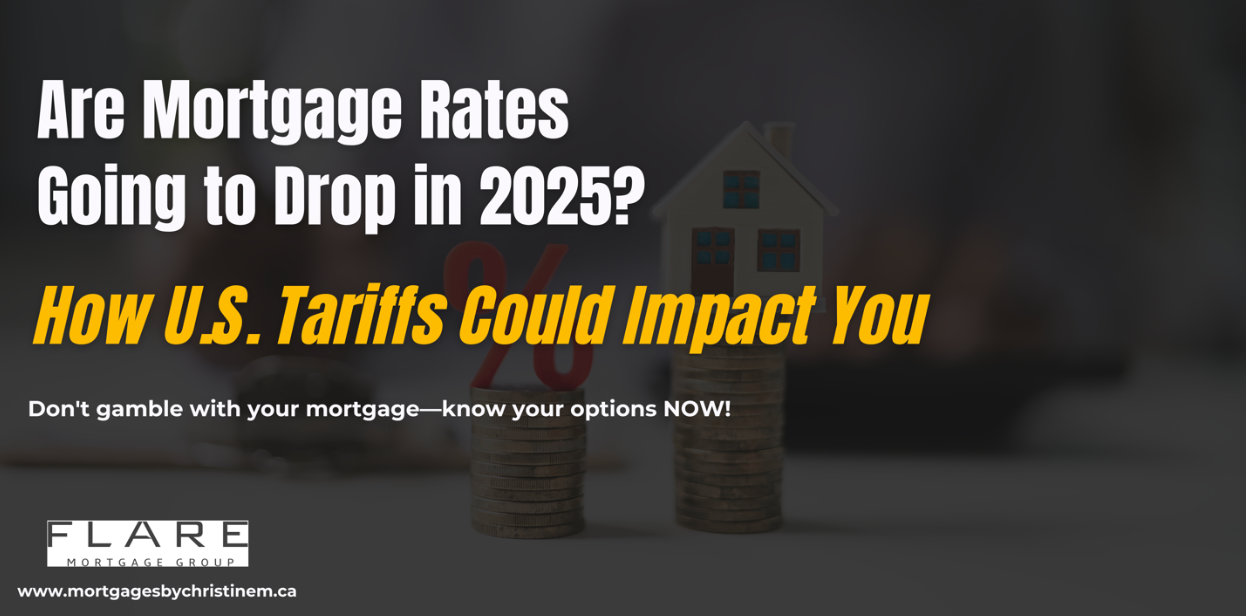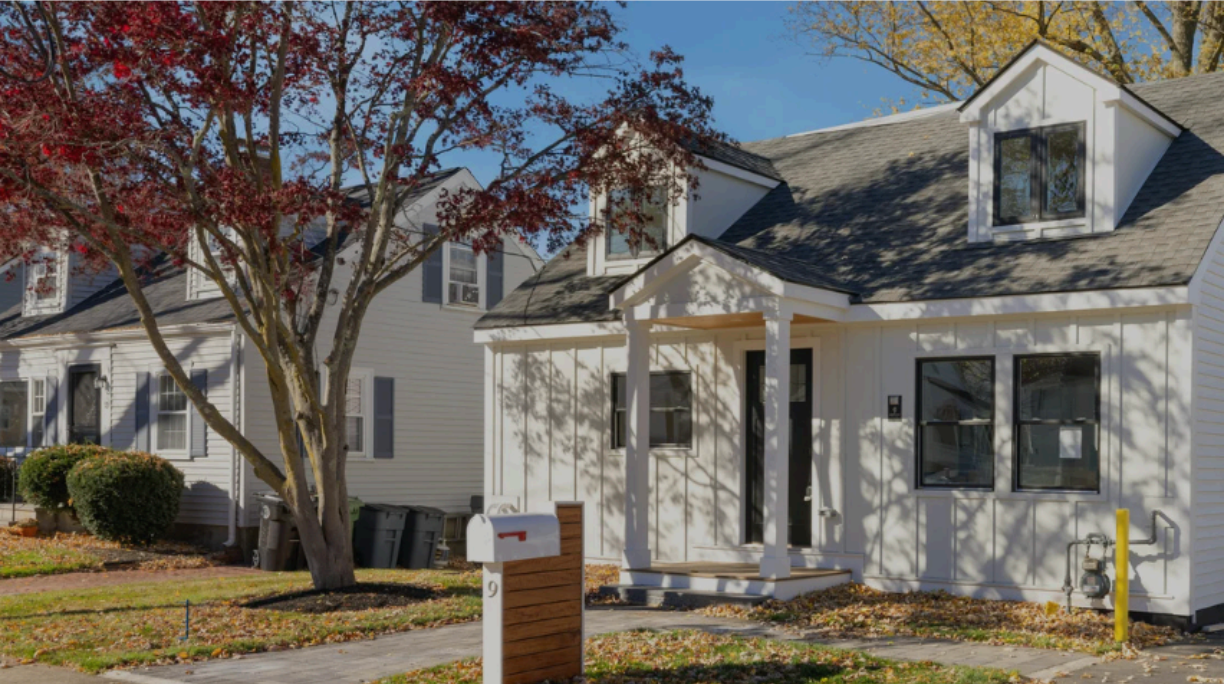RESOURCES

Parents Can’t Gift You a Down Payment? Here’s Another Option When most people think of getting help from family for a down payment, they picture a non-repayable gift from parents. While that’s ideal for some, it’s simply not possible for every family. Maybe your parents still need those funds for retirement, or they can’t afford to part with a large sum permanently. That doesn’t mean you’re out of options. In Canada, you can receive your down payment as a loan from immediate family —not just a gift. This is a perfectly legal and lender-acceptable option, as long as it’s properly documented in a contract . The agreement can set the loan at zero percent interest or at a rate both parties agree on. It’s flexible, and it could help you enter the housing market sooner. The Benefits of a Family Loan for Your Down Payment A family loan can help you: Buy with minimum down instead of waiting years to save Get to 20% down to skip default insurance premiums Avoid higher borrowing costs from private or alternative lenders Secure funds with terms that work for both you and your parents Sometimes that extra push from a loan can mean the difference between qualifying now or having to wait while home prices rise. How Lenders View a Family Loan Lenders will see this loan just like any other debt. That means the repayment amount, interest rate, and payment schedule will be factored into your debt service ratios when they determine how much mortgage you qualify for. The loan agreement must be written, signed, and legally binding , not just a handshake deal. Lenders will typically request a copy, along with proof of the funds being transferred to you. This ensures everything is transparent and above board. Setting Up the Loan Agreement Here’s what to include in a simple, effective loan contract between you and your parents: Principal amount (how much they’re lending you) Interest rate (can be 0% or agreed-upon) Repayment schedule (monthly, annually, lump sum, or at sale of the home) Term length (how long until the loan must be repaid) Signatures of all parties involved It’s always best to have a lawyer review the agreement. This protects both you and your parents and ensures it meets lender requirements. Example Scenario Let’s say you’ve saved $40,000, but you need $70,000 to make a 20% down payment and avoid default insurance. Your parents could lend you the extra $30,000, documented in a contract stating you’ll repay them over 10 years at zero percent interest. Your lender would include the calculated monthly payment in your debt servicing, and if you qualify, you could buy your home now instead of saving for years. Making It a Win-Win for Everyone A family loan is a smart way to keep your parents’ funds intact while still helping you secure a property. They retain access to their capital in the future, and you get the advantage of buying now while market conditions work in your favour. When I work with clients in these situations, I always encourage a family meeting so everyone feels informed and confident. It’s not just about qualifying for a mortgage—it’s about making sure the arrangement works for everyone’s financial goals. Final Thoughts If your parents can’t gift you a down payment, a family loan could be the perfect middle ground. It keeps their retirement secure, helps you avoid costly insurance premiums, and gets you into the market faster. The key is making sure it’s done right—with clear terms, proper legal documentation, and lender approval. If you’d like to explore how this could work for you, I’m happy to help run the numbers, review scenarios, and meet with your family to make sure everyone’s on the same page. Contact me today at 403-968-2784 or christine@flaremortgagegroup.com to learn more about using a family loan for your down payment and start your homebuying journey now.

A Rate Hold Isn’t a Guarantee—And That Could Cost You the Home Getting pre-approved for a mortgage should feel like progress. It’s exciting, empowering, and often the first concrete step toward buying a home. But here’s the hard truth: if your mortgage pre-approval wasn’t put together properly—or if your broker or banker skipped key steps—it could be virtually worthless when you need it most. Let’s break down what a pre-approval really means, what a rate hold does (and doesn’t) do, and why experience matters more than ever in a fast-paced, competitive real estate market. What Is a Mortgage Pre-Approval Really ? A mortgage pre-approval generally includes two things: A conditional approval based on the numbers provided by your broker or banker. A rate hold that locks in an interest rate (typically for 90–120 days), giving you time to shop with peace of mind. But here’s the issue: most lenders don’t actually do a full review of your application until it becomes “live”—that is, until you’ve written an offer that’s been accepted. Before that, they’re mostly relying on the information submitted by your broker or banker , not what they’ve verified themselves.

When people hear “no-payment mortgage,” they often assume it’s too good to be true or that it comes with hidden risks. But in Canada, these options are designed to be conservative and sustainable, giving homeowners more financial flexibility without putting them in a bad financial position. There are three main types of no-payment mortgage options: Reverse Mortgages – Available to homeowners 55+ with significant home equity. Alternative Lenders – Offer similar options regardless of age but require strong equity. Private Lenders – Short-term solutions for homeowners who need temporary relief. Let’s break them down and see if one might be a good fit for you. Reverse Mortgages: Not as Risky as You Think Reverse mortgages tend to get a bad reputation, mostly because of how they were handled in the U.S. years ago. But in Canada, lenders are far more conservative. The biggest difference? Canadian reverse mortgages never allow you to owe more than your home is worth . How Do They Work? You must be 55 or older to qualify. You can borrow a portion of your home’s value , usually up to 55% . The older you are, the more you can borrow —since the lender calculates how long you’re likely to stay in the home. You don’t make monthly payments —instead, the interest gets added to your loan balance over time. When you sell or move, the loan is repaid from your home’s value. Why Can’t You Owe More Than Your Home’s Value? Most lenders offer a no-negative equity guarantee , meaning even if home prices drop, your estate will never owe more than your house is worth. But realistically, Canadian home values have remained stable or increased over time , making it unlikely you’d ever reach that point.

Should I renew or refinance my mortgage? Millions of Canadians are reaching the end of their mortgage term, eager to secure the best possible rate. While many focus on renewing their existing mortgage, they may overlook the possibility of refinancing—a decision that could make a big difference in their financial picture. What’s the Difference Between Renewal and Refinance? Renewal: At the end of your mortgage term (commonly 5 years), you need to “renew” your loan to keep it active. When you renew, your mortgage balance and amortization period (the total time you have to pay it off) stay the same. You can renegotiate your interest rate, but you can’t borrow additional funds or change the original loan amount. Example. You bought a home in June 2020 and had a mortgage of $400,000. After a 5-year term at 1.70%, your outstanding mortgage balance will be around $332,939.71, assuming you haven’t made any extra payments. At this point, you’ll need to renegotiate a new interest rate and choose a new term based on your remaining balance. Refinance: Refinancing allows you to restructure your mortgage. You can change the loan amount, extend the amortization period, and often access your home’s equity. This flexibility gives you the option to lower monthly payments, consolidate debt, or free up cash for other purposes like renovations or investing. Example: Say your home’s value has grown significantly since you first purchased it. Through refinancing, you could borrow more against that increased equity, giving you funds to complete a kitchen renovation, start a small business, or pay off higher-interest debts. The Impact of Rising Rates If you locked in a 1.70% fixed rate five years ago, today’s rates—often over 4.50%—may feel like a big leap. Simply renewing might leave you with a payment shock. Refinancing, however, gives you the ability to adjust your monthly obligations, even as rates rise, by stretching out your amortization or accessing equity for financial goals.

Let’s be real—2020 was a great time to buy a home. Prices were lower, and mortgage rates were sitting at 2.84% . But if you didn’t buy then, you’re not alone. Many people hesitated, waiting for the “perfect” time to enter the market. Now, home prices are higher, rates have fluctuated, and some buyers are still waiting. But here’s the truth: there is no perfect time to buy—only the right time for you. Barbara Corcoran [ @barbaracorcoran ] puts it: "The perfect time to buy a house? When you can afford the down payment—not when you’re waiting for the ‘perfect’ market."

Is the Economy Going to Crash? What Canadian Homebuyers Need to Know With new U.S. tariffs on Canadian goods already in place —and Canada retaliating with its own tariffs—many Canadians are asking: "Are mortgage rates going to go down in 2025?" "Is the economy going to crash?" "How will these tariffs impact home prices and affordability?" These are valid concerns, especially for homebuyers, homeowners renewing their mortgages, and those considering refinancing. While we can’t predict the future with certainty, the Bank of Canada (BoC) is widely expected to cut interest rates in 2025 to help offset economic uncertainty. However, rising inflation and shifting trade policies could complicate how quickly and how much rates actually drop. Here’s what you need to know about how these tariffs could affect Canada’s economy, mortgage rates, and home affordability in the coming months. Will Mortgage Rates Go Down in 2025? The Bank of Canada has been signaling rate cuts for months, but how low they go—and how quickly—depends on several factors: Tariffs are slowing economic growth – The new U.S. tariffs on Canadian goods, and Canada's retaliatory tariffs on U.S. imports, are putting pressure on businesses and increasing costs for consumers. If economic growth slows significantly, the BoC may lower rates to keep borrowing and spending active. Inflation is still a concern – Higher tariffs often lead to higher prices for goods, which could drive up inflation. The BoC has to balance rate cuts with the risk of rising inflation, which could slow the pace of cuts. Global uncertainty adds risk – The U.S. election, ongoing geopolitical tensions, and financial market fluctuations all add unpredictability. If the economy worsens, rate cuts may come sooner and deeper than expected. What Does This Mean for You? Rates are expected to decrease , but we’re in uncertain times. If you're thinking about buying a home, refinancing, or renewing your mortgage, the best approach is to lock in now with flexibility to adjust later . Should You Lock in a Mortgage Rate Now or Wait? Many homebuyers and homeowners are wondering whether they should lock in a mortgage rate now or wait for rates to drop further in 2025. The good news? Most lenders allow you to lower your rate if rates drop before closing. Here’s why locking in now is a smart move: Locking in protects you from unexpected rate hikes – While rates are projected to drop, inflation or unexpected economic shocks could slow cuts or even cause rates to rise. Locking in now ensures you’re covered. Many lenders allow a rate drop before closing – If rates go lower before your mortgage is finalized, most lenders will adjust your rate accordingly. This gives you peace of mind knowing you're getting the best possible deal. Economic uncertainty makes waiting risky – Tariffs, inflation, and global trade tensions all create uncertainty. Locking in now ensures you don’t miss out on today's competitive rates while still giving you room to adjust. Fixed vs. Variable: Which Mortgage Should You Choose? If you're debating between a fixed or variable mortgage, here’s what to consider: Mortgage Type Best For Considerations Fixed-Rate Mortgage Homeowners who want predictability Offers stability, but you might miss out on savings if rates drop significantly. Variable-Rate Mortgage Borrowers who are comfortable with fluctuating payments Can save you money if rates decrease, but payments could rise if inflation pressures slow rate cuts. If you’re unsure which option is best for you, let’s discuss your financial goals and find the right strategy. Is the Economy Going to Crash? What This Means for Canadian Homebuyers While Canada’s economy is facing major uncertainty , most experts do not expect a full-blown crash. Instead, we’re likely to see: Slower economic growth due to rising costs from tariffs and inflationary pressures. Lower interest rates as the BoC tries to stimulate economic activity. A cooling housing market in some regions, as affordability challenges affect demand. The best thing you can do right now is stay informed and make proactive mortgage decisions that protect your financial future. Let’s Talk About Your Mortgage Options Navigating the mortgage market in uncertain times can be confusing, but you don’t have to do it alone. Whether you’re looking to buy a home, renew your mortgage, or refinance for a better rate , I can help. 📞 Call me at 403-968-2784 or email christine@flaremortgagegroup.com ,and let’s create a mortgage strategy that fits your needs.
CONTACT ME
Contact Us
GET IN TOUCH
I'm committed to helping you in any way I can. Leave me a note and I'll get in touch with you shortly.





